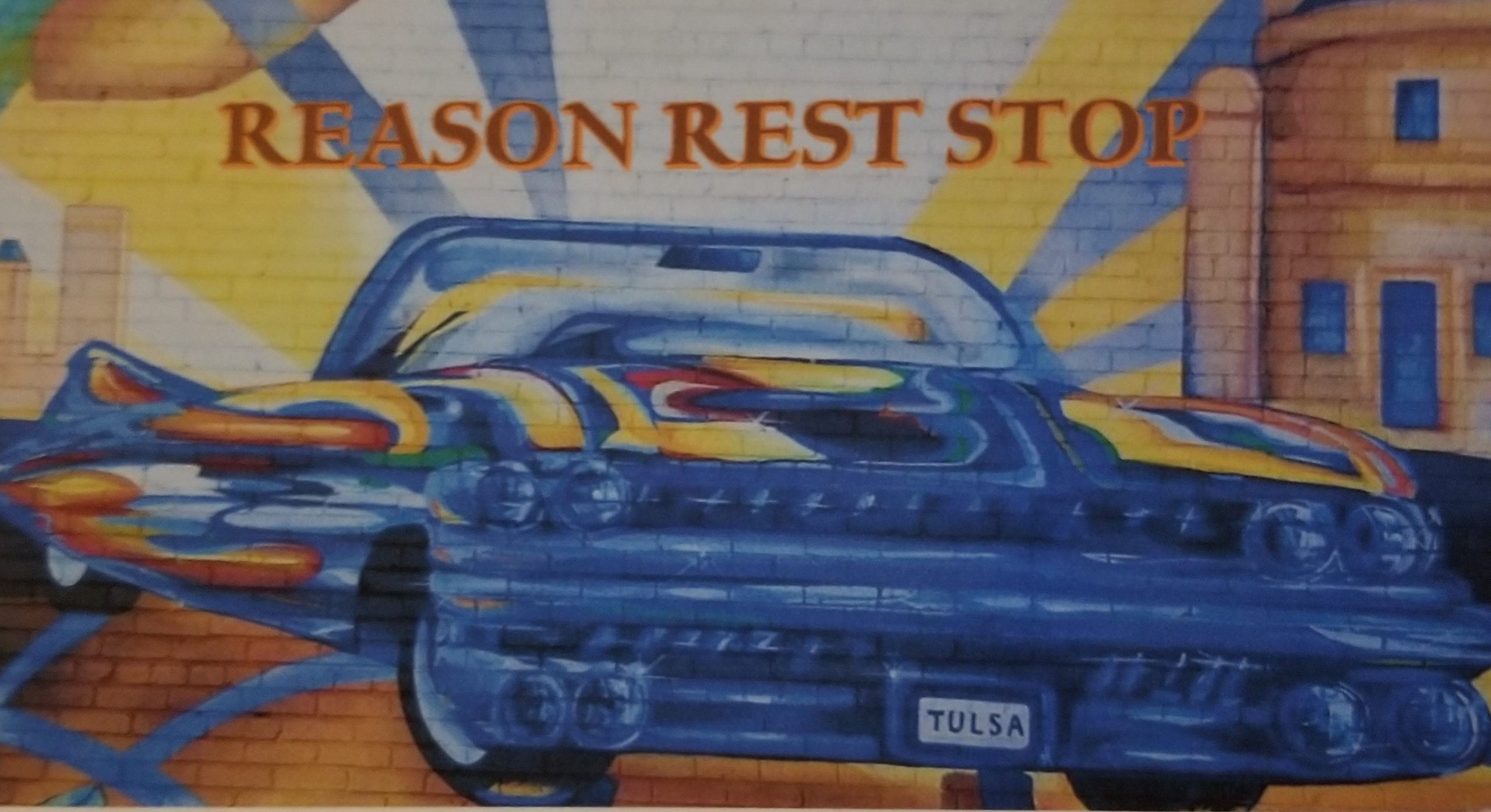Of all the federally observed holidays on the American calendar, the one slated for the last Monday in May has for me always been the most somber and sobering. I’m sure most people who have sustained the loss of a loved one regardless if their lives ended on active duty in the armed forces or not share my sense of gravity related to observing the sacrifice of the nation’s war dead. I was a teenager when I became aware of why a day was set aside specifically to honor those who did not survive hostile action during their military service. In my junior enlisted years I was acutely aware of a select few whose lives ended on active duty, stateside in homeport due to illness, accidents or from physical anomalies which contributed to their demise. Being involved in hands-on patient care as junior Nurse Corps officer, I was also quite aware of several who did not survive otherwise curable maladies, suicide attempts, their own self-abuse with drugs and alcohol and accidents on the job and in the fleet. I saw it well demonstrated that no hostilities have to exist for someone to misjudge distance on a flight deck, walk into a helicopter tail rotor and sustain a mortal wound or for a helicopter to lose power after take off and go down in the water drowning one or more of the passengers on board. These were the people, a few whom I personally knew and most I did not, whose faces occupied that ethereal and sacrosanct place of honor in my soul on Memorial Day while I served on active duty. My naval career ended with my transfer to the retired reserve in early 2000. A year and a half later I found myself amid my civilian career and suddenly in post-9/11 America. Soon thereafter I along with many others have have watched in stunned amazement as the all-volunteer U.S. military has been tasked with waging an ongoing perpetual conflict on the other side of the planet.
Even in my youth long before I took my first Oath of Enlistment I remember having a healthy respect for those who had died while under arms in defense of the nation. Much of this I’m sure comes from having watched the Vietnam War on TV at dinner time as an elementary school student. Being from a family where my father, uncle, aunt, and grandfather had all served either voluntarily or when called, a respect for military service seemed totally natural. Although none of the aforementioned became a fatality during their active duty years, they all knew people who did. There is nothing like visiting a U.S. National Cemetery on Memorial Day to reaffirm this respect for who died in defense of the nation and all those who ever donned a military uniform.
I’m sure we all would like to think all our national war dead met their end in defense of the Constitution, that sacred document that embodies the ideals of the nation, as described in all military commissioning and enlistment oaths. I have heard much praise to those who volunteer to “support and defend the Constitution against all enemies, foreign and domestic…” because it implies the oath taker will do so with all means available up to an including their own life if necessary. A lot of lip service is rendered to notion of personal self-sacrifice for such a noble cause far greater than any individual. In reality the number of those who suffer the supreme sacrifice in the age of the all-volunteer military is overall a very few.
Beginning in October 2001 with Operation Enduring Freedom in Afghanistan, the U.S. Army, Air Force, Marine Corps and Navy have been engaged in a continuous state of armed conflict. There are uniformed service personnel serving in pockets of hostility that still generate American casualties. Putting names to the numbers makes the human cost of U.S. foreign policy a little more personal. It is my hope the nation’s senior leadership take this into account when weighing the cost/benefit ratio before applying the military solution to a diplomatic problem.
Operation Enduring Freedom U.S. military deaths to date
As we pause for that annual solemn national moment of deference for those whose lives ended in the defense of American security and national interests let us also remember all those now gone whose lives and work embodied our ideals as a people. These are the exceptional souls who once walked among us and made our communities and nation worth the sacrifice of those this day is set aside to honor. We also must not forget those now gone whose lives made our own so full and complete. Let us all never forget our collective dedication to a universal greater good.
Requiem for the Masses—The Association


Very very good Stan. I will share this. Thank you.